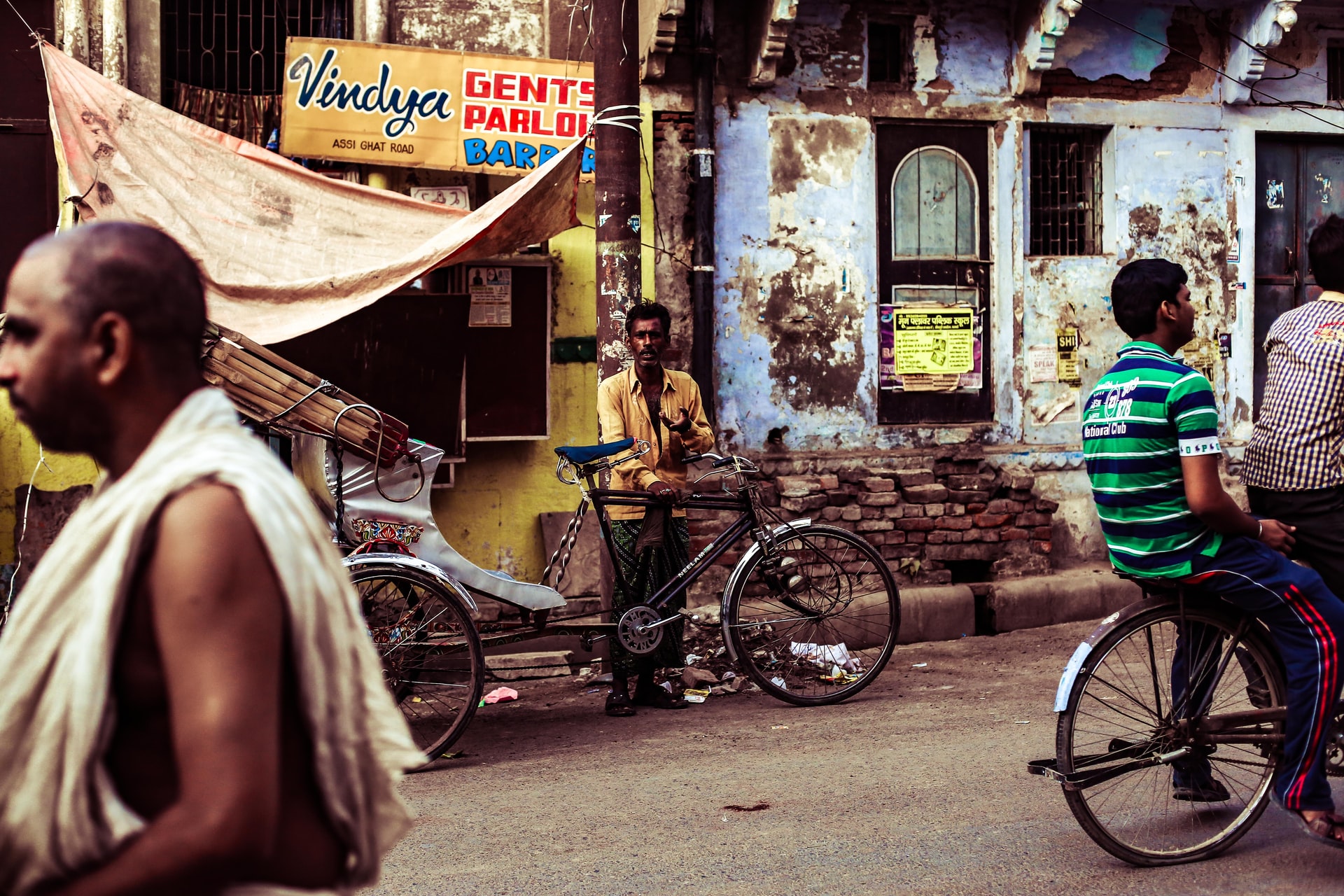Urban Resilience and Transforming Communities
Course Name: Urban Resilience and Transforming Communities
OCW type: PDP
Higher Education Institution: School of Planning and Architecture (SPAB), Bhopal

Description of course
Aim: The PDP aimed to disseminate knowledge on the concept of urban resilience, particularly in the context of Indian cities due to rapidly changing urban environment, that has gained prominence in the recent times. The prime intent of the PDP was to disseminate knowledge (both theoretical and practical) through a combination of innovate pedagogical methods. The PDP also aimed at integrating the contents with the sustainable development goals SDG 11 (Sustainable Cities and Communities) and SDG 13 (Climate Action) to address the various challenges and threats due to the socio-economic, environmental and climate related issues in the urban areas, which continue to exist.
Course Objectives:
1. To understand and address the chronic stresses and acute shocks due to urbanisation, climate change, urban poverty, etc., highlighting the need to confront present and upcoming related urban challenges by building resilience and developing solutions for a sustainable transformation of communities.
2. To disseminate knowledge and to strengthen adaptability assessment and resilience in the urban communities including the marginalised.
Learning outcomes: The participants not only gained the formal modern knowledge but also gained the tacit knowledge related to the urban resilience. Through these innovative teaching methods, the knowledge was imparted for addressing the various challenges and threats due to the socio-economic and environmental issues in the urban areas. The PDP enabled the participants to understand various aspects of sustainable urban communities and adaptive systems for the urban resilience.
Course Structure
Course Duration: Five Days
Course Frequency: As per the demand
Course Format: The PDP was disseminated through a combination of lectures, group discussions, work sessions, and assignments. The case studies conducted as a part of BReUCom were presented and discussed with the participants in the work sessions. These case participants helped the participants to understand the resilient issues in different climatic zones of India.
Course Content
Prerequisites for participation: The PDP was open to the professionals, researchers and participants from various backgrounds such as planning, architecture, civil engineering, etc. The participants of undergraduate, postgraduate and doctoral programmes participated in the PDP.
Course Syllabus:
- The main theme of the PDP ‘Urban Resilience and Transforming Communities’ dealt with various dimensions of urban resilience. Four sub-themes were designed. They were climate change and resilience, marginalized communities, institutional resilience, pandemic and resilience.
- Under these sub-themes, various relevant government policies and programmes, adaptive measures or systems were discussed to address the challenges of urban resilience. Also the theme focused on how the resilient cities can be better positioned or equipped in comparison to the other cities in terms of enhancement of the quality of life, improved urban environment and better mechanism to address such challenges.
- New perspectives were covered related to the theme. The PDP content covered was specific to the overall theme and was very much educative in nature. Moreover, the content dealt with landuse from spatial and planning perspectives, water issues, and related challenges at all levels, starting from micro to macro levels i.e., from neighbourhood level to ward level to city level to the regional level.
Course Assignments:
- The participants were divided into four groups and each of the groups was given one sub-theme. Each group worked on the identified city in India. The discussion on their work was conducted through online interactive exercises using Jam Board during the work sessions. All the participants actively participated and appreciated these interactive and dynamic exercises. Besides, the participants also said that they liked the creative use of digital platforms, education, conversation and content of the PDP.
- Besides, recent and emerging relevant knowledge related to the transformation of urban communities in the context of the climate change and urban resilience was also prioritised.
- The case studies of various Indian cities helped in dissemination of such knowledge. The course contents were delivered through a combination of online lectures, group discussions, work sessions, and assignments. This interaction acted as an interface between the participants, the experts and organising members of the BReUCom team.
Expected time spent on course:
Time spent in hours:
Time spent in ECTS (European Credit Transfer and Accumulation System):
Course Grading
Not applicable, as no specific criteria were followed. However, inputs were provided to the participants to improve their works.
Course Evaluation
Evaluation Procedure & Criteria: Based upon the common evaluation proforma prepared by WP4 leader institutes.
Faculty Evaluation: Feedback attached and submitted for the course to WP3 and WP4 leader institutes.
Student Evaluation: Based upon the common evaluation proforma.